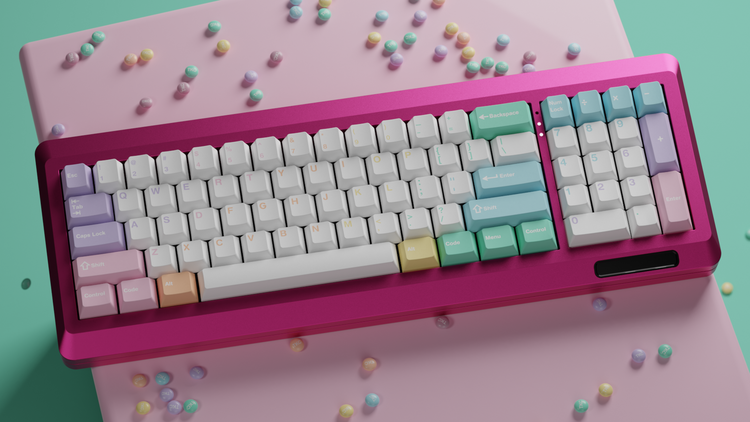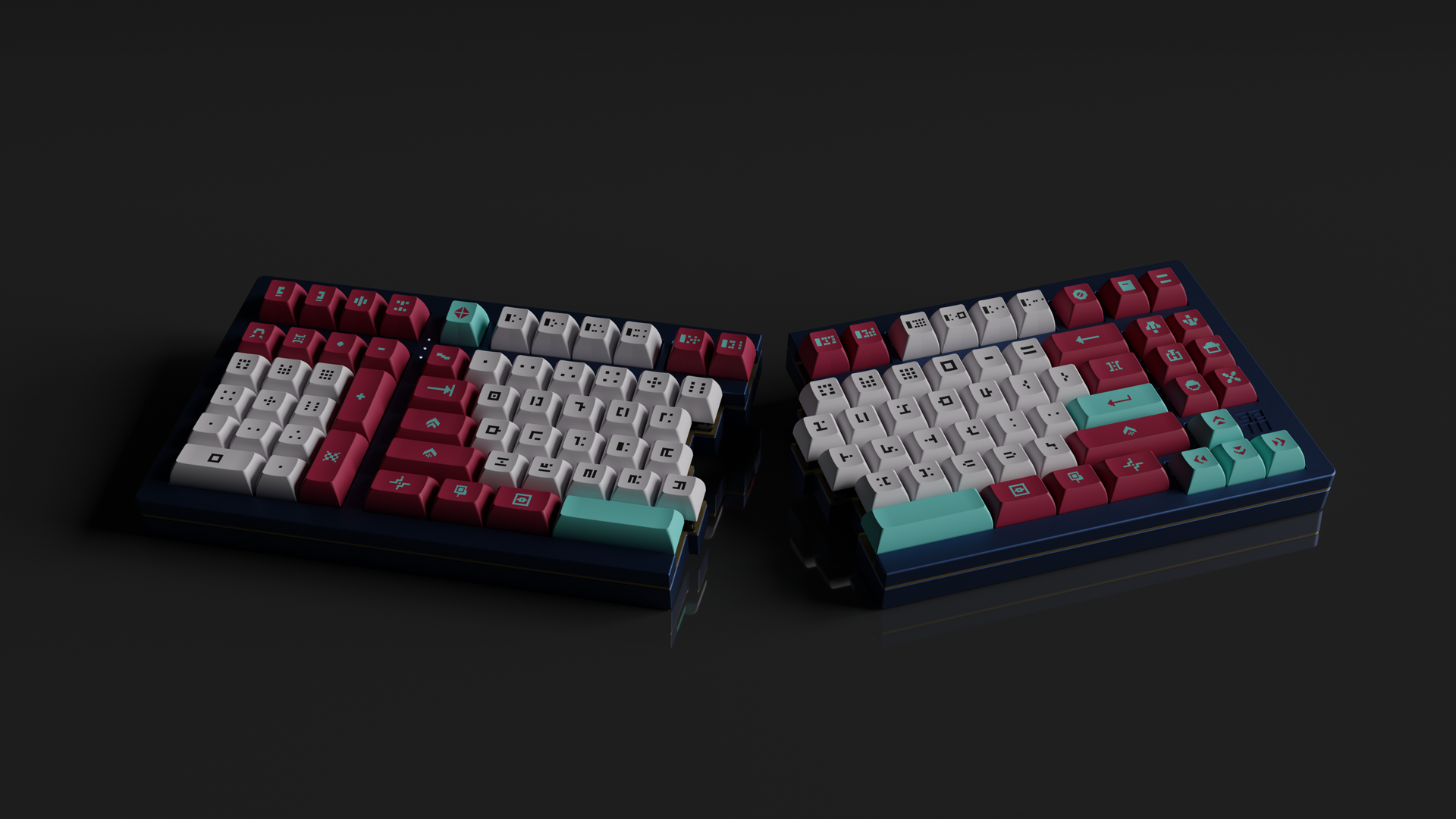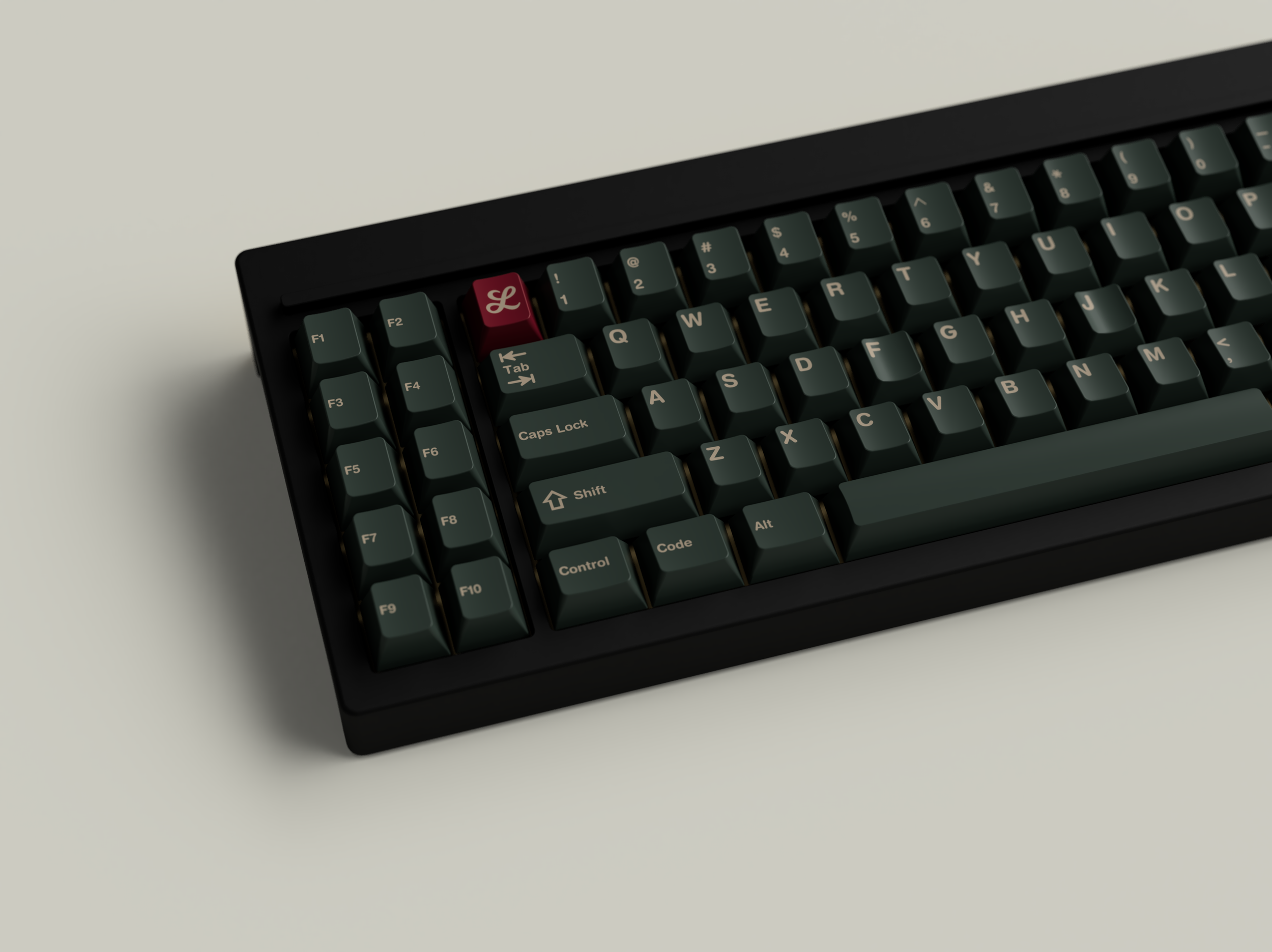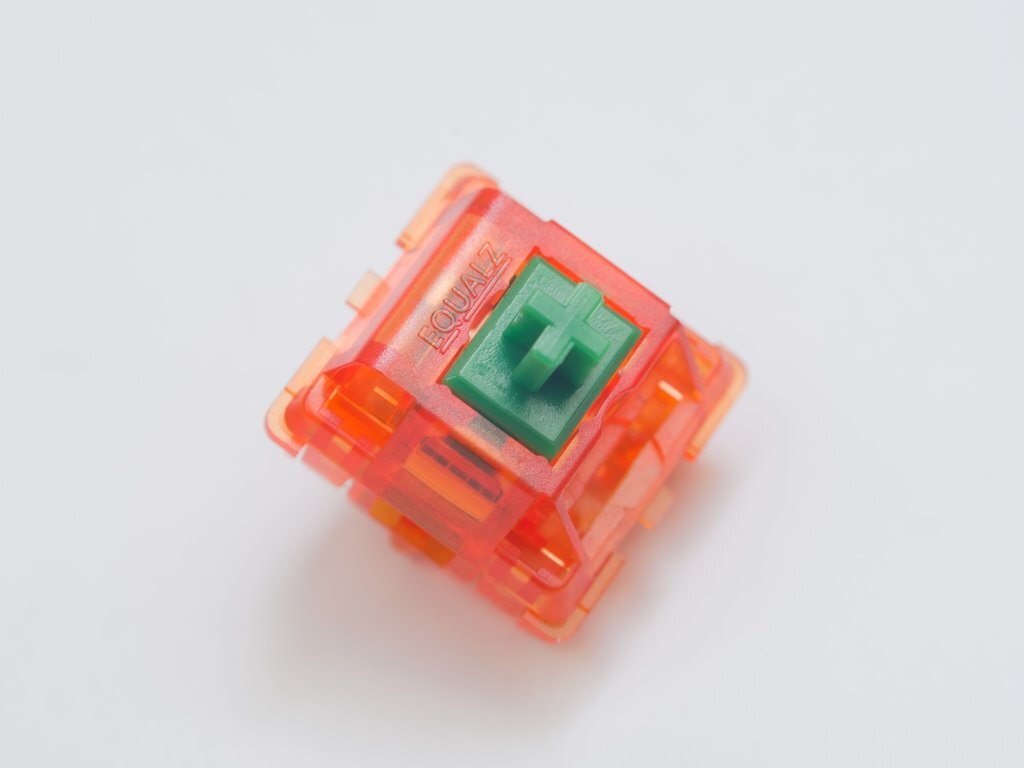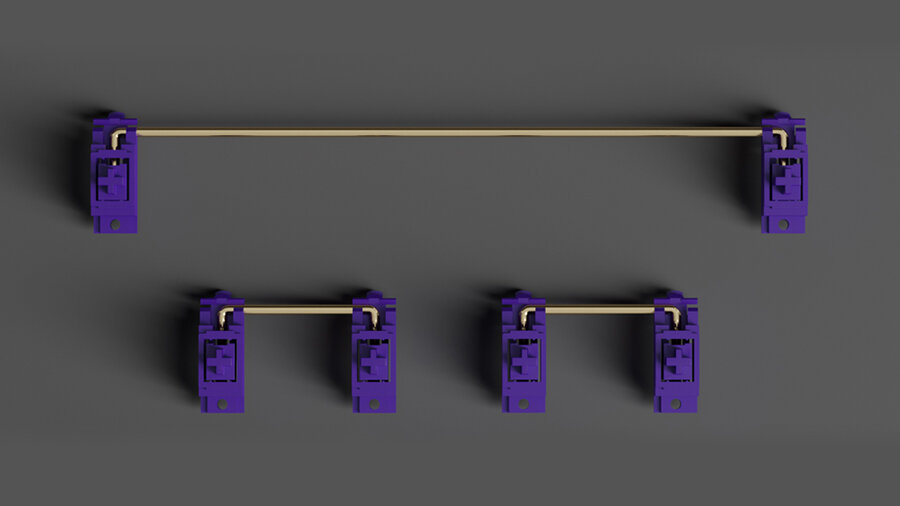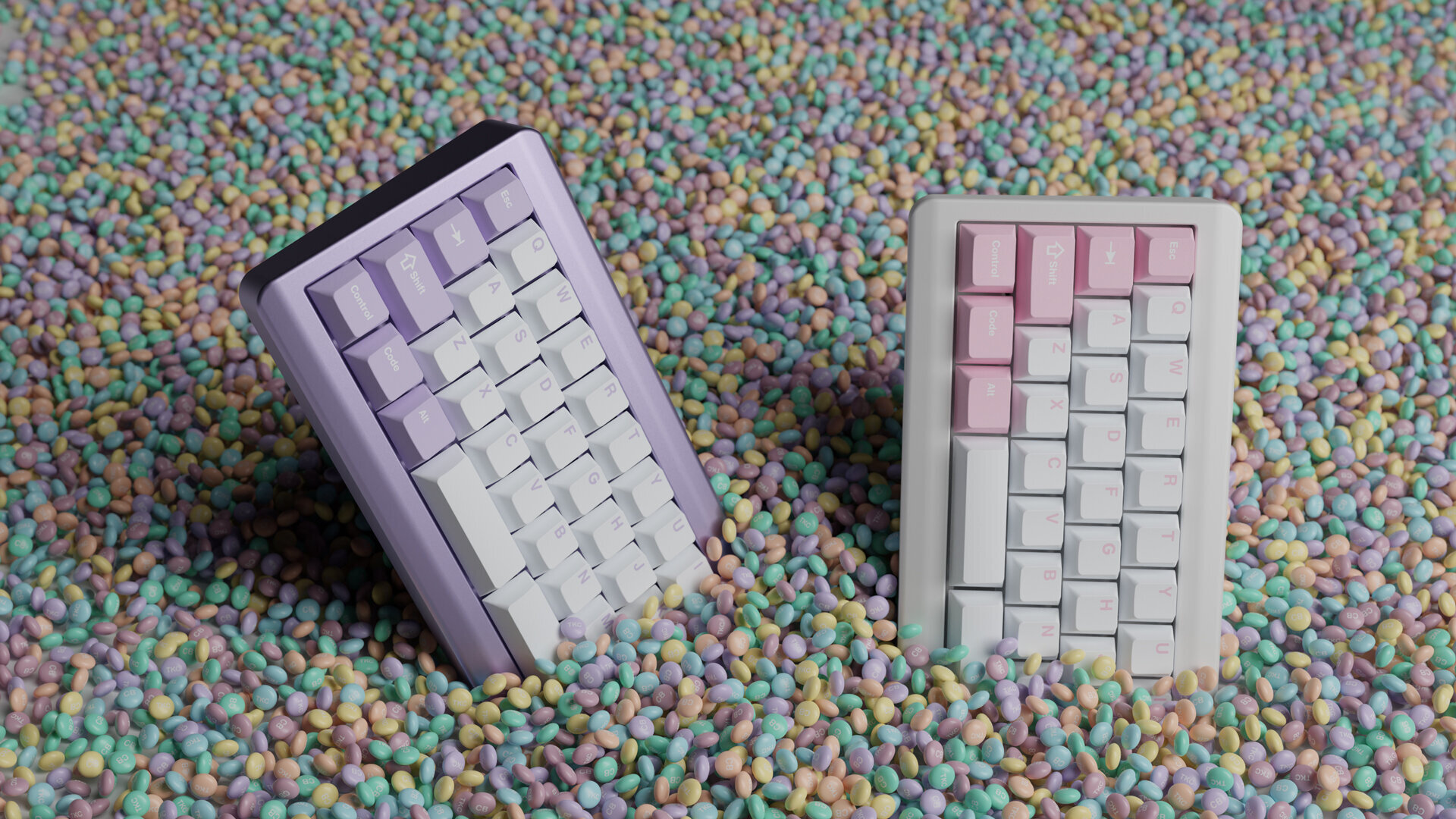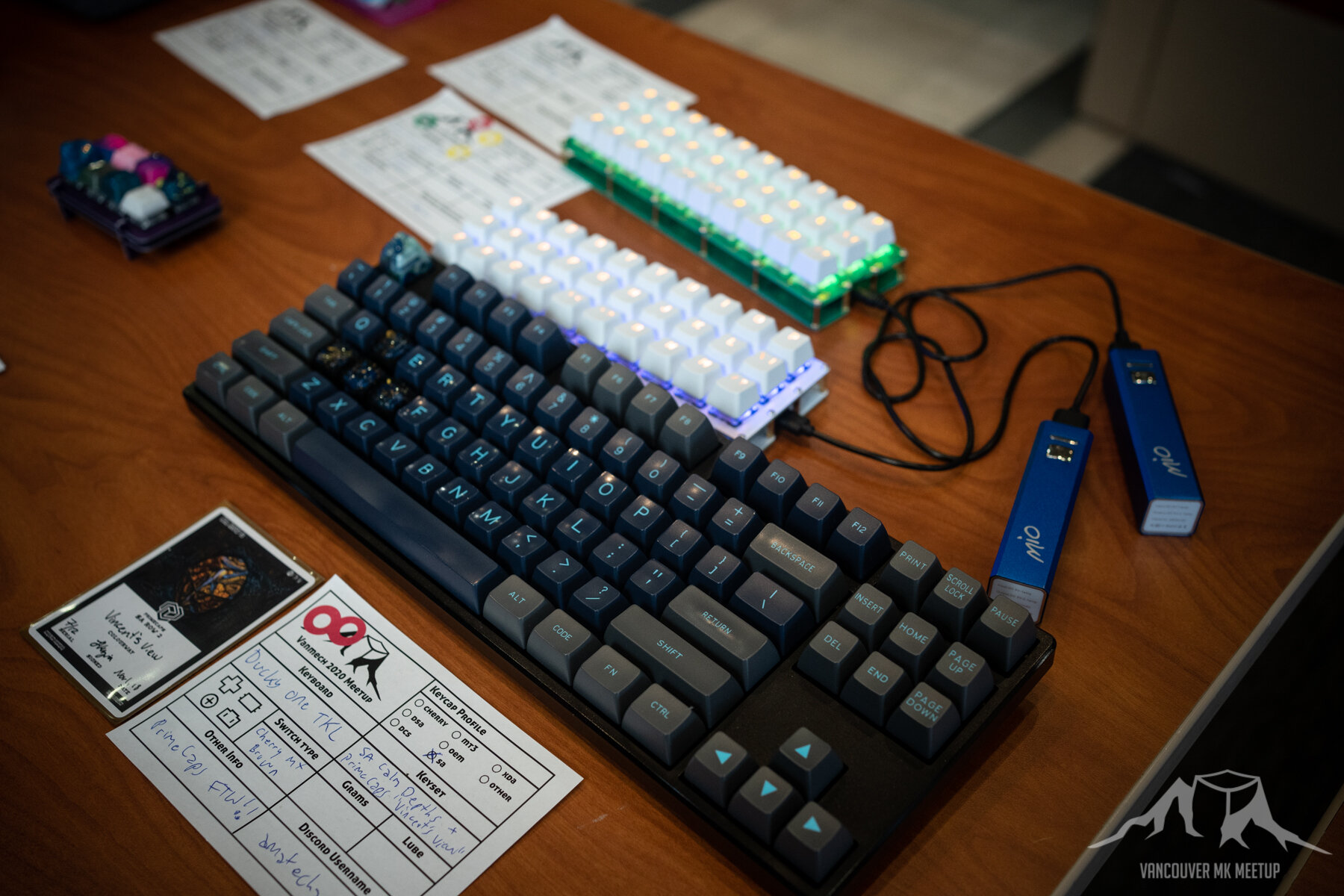Switch Lubes – The Basics
So you've got your components and figured out what peg goes in what hole—you're ready to build. BUT, you've been watching typing tests online and realized most professionals are opting to lube their switches, optimizing on smoothness and sound quality. You have also seen the video tutorial by Alexotos and want to learn more about lube types and which to choose for your Tangerines or Holy Pandas. Well, welcome to just that class.
For this course, we've invited our visiting scholar AshKeebs to break down the necessary components and how to get you started with one of the most preferred keyboard modifications in the hobby.
Syllabus
Why Lube Your Switches — Smoothness, Sound, and Consistency
Oils, Greases, Lubricants
Which Lube Should You Use? — Comparing Krytox 205g0 and Krytox GPL 105, and TriboSys 3203 and 3204
Hello, Class!
After gradually learning how switches function both as a whole and its individual parts, as well as the variety of switches under each archetype, the next natural step is to learn about switch lubing. There are a plethora of different lubricants, greases, and oils, and can be quite daunting to figure out what the best mixture and application is for the acoustic and switch feel desired.
It is entirely possible to write on varying effects of lubricants, oils, and application styles on each switch on the market. The aim here is to cover the general basics of what’s popular on the market, what combinations the community tends to prefer (from subjective observation), and the reasoning behind why people lube their switches.
Why Should You Lube Your Switches?
Keyboard builders rely on lube to enhance the best qualities of a switch while minimizing undesired aspects. Lubing your switches before assembling your keyboard will bring out the following qualities of the switches:
Smoothness
Switches have a number of internal parts that rub against each other with every press. The stem moves against the top housing, sliders and stem holder in the bottom housing, the spring, and the metal contact leaf. Each of these points of contact generate friction and can be quite noticeable depending on the material and quality of the switch itself. Lube reduces that contact friction and transforms the switch into a more ideal press without distractions.
Sound
Lube affects the sound in two ways—by dampening the internal contact points of switch and softening the surfaces that the sound bounces off inside. The result, which depends on the amount and type of lube applied, is a sound that is deeper, more muted, and/or "thockier." It can also reduce the metallic ping of springs as well when applied there.
Consistency
Switches straight from the factory are often pre-lubed to some degree and is usually little more than a small glob on each slider. Going in with a brush to evenly lube the internals of a switch will result in a much more consistent key press across the keyboard.
Anatomy of a Tangerine switch. Read more about switch basics.
Oils, Greases, Lubricants
All three can technically be described as a lubricant, as they are a “substance…used for minimizing friction,” but each has varying levels of viscosity and physical state that result in different uses. The community generally refers to lubricants as a medium-to-high viscosity liquid substance. For switches, they can be used for all parts: housing, spring, and stem.
Oils, having the lowest viscosity and always in a liquid state, are commonly used for spring lubing, though in the Asian communities it is used more often for lubing various parts of the switch that some would prefer to use a higher-viscosity lubricant on. While not all oils have proper compatibility with plastics, the Krytox 100 line does, and is used globally for various parts of the switch.
Greases, having the highest viscosity and only a semi-solid liquid when in motion, is primarily used for stabilizers. It can also be mixed with oils to reduce its viscosity and create a custom-ratio-mixed lubricant. It is important to pay attention to how many parts of each you mix together, though this should be attempted once you’ve gotten familiar with the lubricants offered by the community at large.
Which Lube Should You Use?
This is a good question, and one that does not have an objectively correct answer. Now that we have a more definitive understanding, let’s look at what the community enjoys using and what they tend to use it for!
Krytox 205g0
Viscosity: high
General usage: bottom housing, spring, stem
Intended effect: buttery smooth press, deeper acoustic, reducing tactility
Recommended for: linears, tactiles (high-tactility), silent switches
👉 Also highly effective for lubing stabilizers
TriboSys 3204
Viscosity: medium-high
General usage: bottom housing, spring, stem
Intended effect: smooth press, retaining acoustic and tactility
Recommended for: linears, tactiles, silent switches
TriboSys 3203
Viscosity: medium
General usage: bottom housing, spring, stem
Intended effect: reducing some friction while retaining acoustic and tactility
Recommended for: tactiles
Krytox GPL 105
Viscosity: low
General usage: spring (common) / bottom housing & stem (uncommon)
Intended effect: reduce spring ping and very slight reduction on friction
Recommended for: springs, linears
These are just a few of the many different lubricants that the community uses and is only to serve as general guidance as you embark on your switch lubing journey. The sound and feel of stock switches vary greatly already, and once different levels of modification are added in, as well as each person’s own technique, the variance grows exponentially. The material of the keyboard case, plate, and interior space, combined with keycaps of different profile and materials may result in a sound and feel combination that is almost entirely unique to your board alone.
The most important thing is that it’s okay to make mistakes or not like the way the switch feels or sounds after an attempt. The way we learn is by experimentation and repetition, and what each of us like may differ person-to-person. If you find a video online of a board in which you like the sound, take a look at what the board has been built with, how the switches were lubed, and talk to your fellow community members. Switch testers are a great opportunity to try a large variety at once, and you can certainly lube them and see if that might be the right one for you!
A tremendous thank you to our lecturer Ashkeebs for the class today. Ashkeebs operates a keyboard website out of Canada and offers switch lubing services. He also sells lube, springs, films, and other hobbyist supplies.
Website: https://www.ashkeebs.com
Instagram: @ashkeebs
Buy Switch Lubes
From TheKey.Company (US)
From Ashkeebs (Canada)



